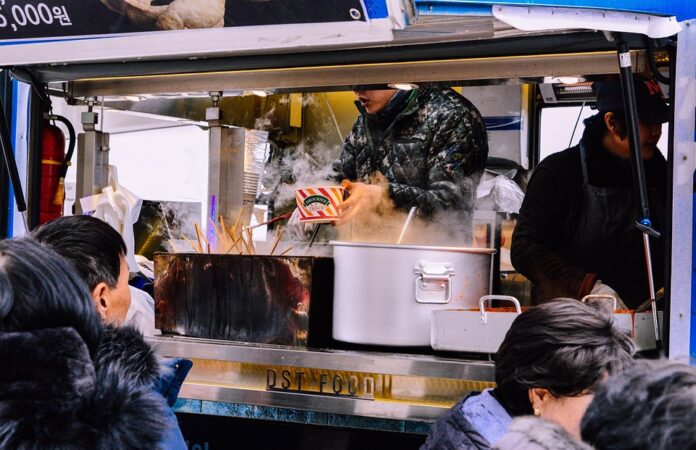Introduction
Operating a food truck can be a rewarding venture, offering flexibility and the opportunity to connect with customers in various locations. However, food truck operators must navigate a complex web of regulatory challenges to ensure compliance and safety in their operations. In this report, we will explore the key regulatory considerations that food truck operators must address to run a successful and legally compliant business.
Regulatory Landscape
Permits and Licenses
One of the first regulatory hurdles that food truck operators must overcome is obtaining the necessary permits and licenses to operate legally. This typically includes a food service establishment permit, health department approval, and a business license. The cost of these permits can vary depending on the location, with some cities charging annual fees ranging from $100 to $1,000.
Health and Safety Regulations
Food trucks are subject to the same health and safety regulations as traditional brick-and-mortar restaurants. This includes regular inspections by the health department to ensure compliance with food safety standards. Violations can result in fines, closures, and damage to the reputation of the business.
Fire Safety Regulations
In addition to health and safety regulations, food truck operators must also comply with fire safety regulations. This includes having fire extinguishers on board, proper ventilation systems, and adhering to restrictions on propane tanks. Failure to comply with fire safety regulations can lead to serious consequences, including the revocation of permits and licenses.
Compliance Challenges
Mobile Nature
One of the unique challenges that food truck operators face is the mobile nature of their business. This can make it difficult to keep track of changing regulations in different locations and ensure compliance at all times. Operators must stay informed about local regulations and be proactive in addressing any compliance issues that may arise.
Limited Space
Another challenge for food truck operators is the limited space available in their vehicles. This can make it challenging to implement safety measures such as proper food storage, handwashing stations, and fire safety equipment. Operators must find creative solutions to meet regulatory requirements within the constraints of their mobile kitchens.
Industry Insights
Growth Trends
Despite the regulatory challenges, the food truck industry continues to experience strong growth. According to IBISWorld, the food truck industry in the United States is expected to generate $1.2 billion in revenue in 2021, with an annual growth rate of 3.8% from 2016 to 2021. This growth is driven by consumer demand for unique and convenient dining experiences.
Key Players
Some of the key players in the food truck industry include popular chains such as Kogi BBQ, The Grilled Cheese Truck, and Cousins Maine Lobster. These companies have successfully navigated the regulatory challenges in the industry and built strong brands that resonate with consumers. They serve as examples of how food truck operators can overcome regulatory hurdles to achieve success.
Conclusion
In conclusion, navigating regulatory challenges is a critical aspect of running a food truck business. Operators must be aware of the permits and licenses required, comply with health and safety regulations, and address compliance challenges unique to the mobile nature of their operations. By staying informed, proactive, and creative, food truck operators can overcome regulatory hurdles and build successful and sustainable businesses in the growing food truck industry.

